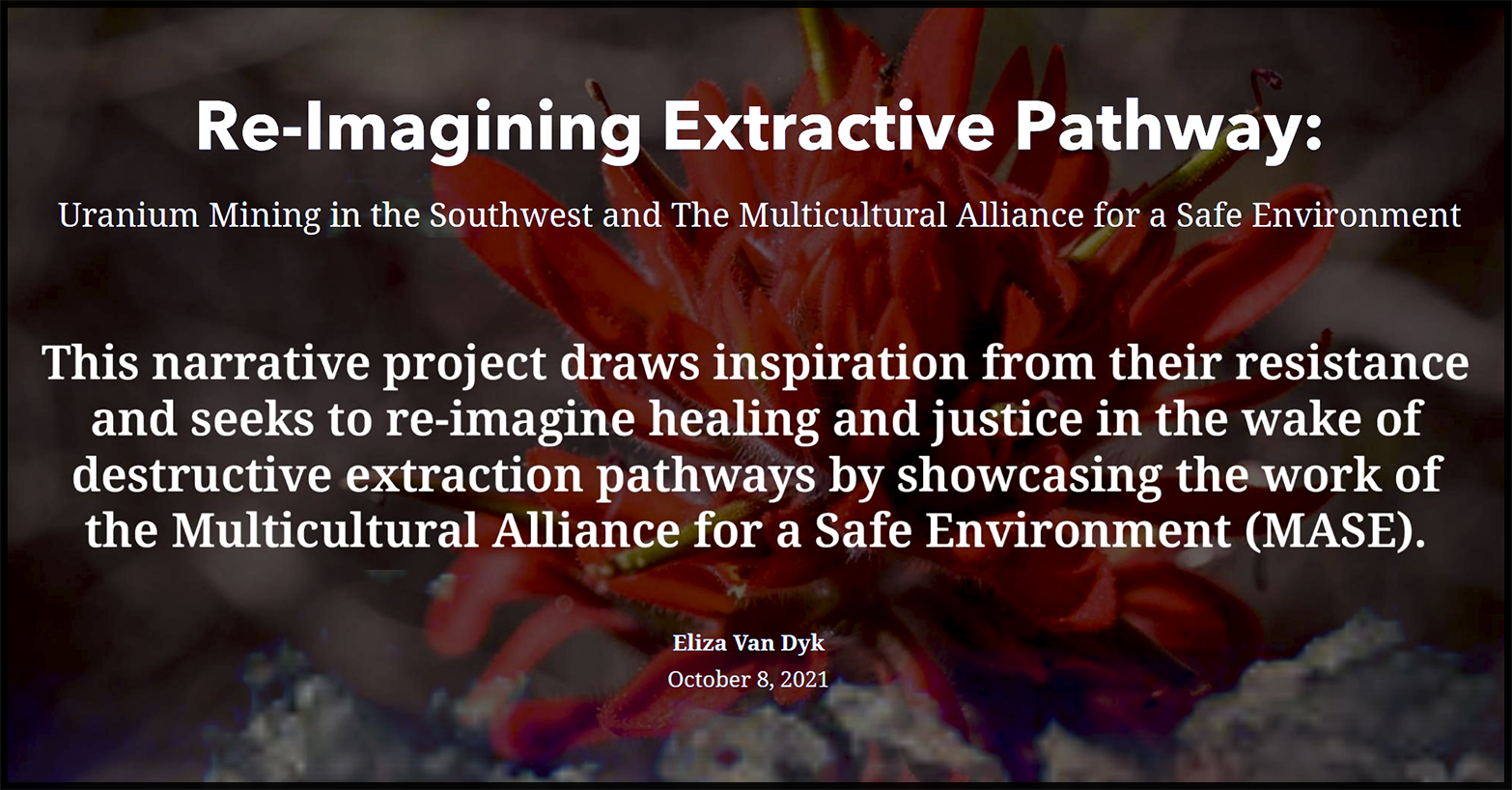Protect our uranium workers
By Linda Evers on Wednesday, July 14, 2021
Cibola Citizen
In just a year from July 11 the compensation program created under the Radiation Exposure Compensation Act (RECA) will come to an end. We need our elected representatives in Congress to extend and expand that program to help all of those in our state who have been effected by radiation.
Starting in 1945, right here in New Mexico, the United States government began testing nuclear weapons. Hundreds of atmospheric nuclear tests would occur between then and 1962 when they were moved underground. Thousands of nuclear weapons were built as well. To support this project uranium mining and processing began across the US, including here. These projects were done with inadequate safety measures and exposed civilians living near the testing sites – as well as military service members deployed there – and workers in the mines and processing centers to deadly amounts of radiation.
Congress enacted RECA in 1990. The law provided a one-time benefit payment to people who have likely developed cancer or other specified diseases after exposure to radiation. That exposure could have come through uranium mining, milling, or transport, or from radioactive fallout from atomic weapons testing in certain areas of Utah, Nevada, and Arizona.
In 2000, the program was expanded to compensate additional uranium workers and unsuspecting civilians who were also exposed to radiation. However, uranium workers from after 1971 were not included. They are still not eligible for compensation, despite most of the work taking place after 1971.
Recent research conducted at the University of New Mexico Health Sciences Center suggests there is no differences in exposure and illnesses between the pre-1971 uranium workers and the Post 71 uranium workers. All uranium workers should be compensated for their illnesses due to radiation exposure.
That’s why we are calling on Senators Lujan and Heinrich – and the entire New Mexico Congressional delegation – to extend RECA beyond its current July 2022 end date and expand it to better care for those affected. This could be done in a few simple steps:
- Extend RECA for an additional 23 years (through 2045);
- Increase compensation for all claimants to $150,000;
- Expand eligibility to ALL uranium workers who were active from 1972-1990;
- Expand the geographical eligibility for compensation for exposure to atmospheric atomic testing to cover all of New Mexico, Arizona, Colorado, Idaho, Montana, Nevada, and Utah;
- Expand the geographical eligibility to cover persons present in Guam during atmospheric testing in the Pacific and making veterans who participated in the cleanup of Enewetak Atoll eligible for compensation.
Despite its limitations, the RECA program is very important to the workers that unknowingly gave their lives during the Cold War. Our own government was and still is responsible for worker safety, and from the early 1940’s right up to today, they still are not protecting uranium workers properly. The government and uranium industry made millions in profits while knowingly killing uranium workers. Now they must at the very least provide adequate compensation to those who faced the greatest risk.
Linda Evers with Post-71 Uranium Workers Committee in Grants, NM
Larry King, President, Church Rock Chapter, Navajo Nation
Susan Gordon, Coordinator, Multicultural Alliance for a Safe Environment






